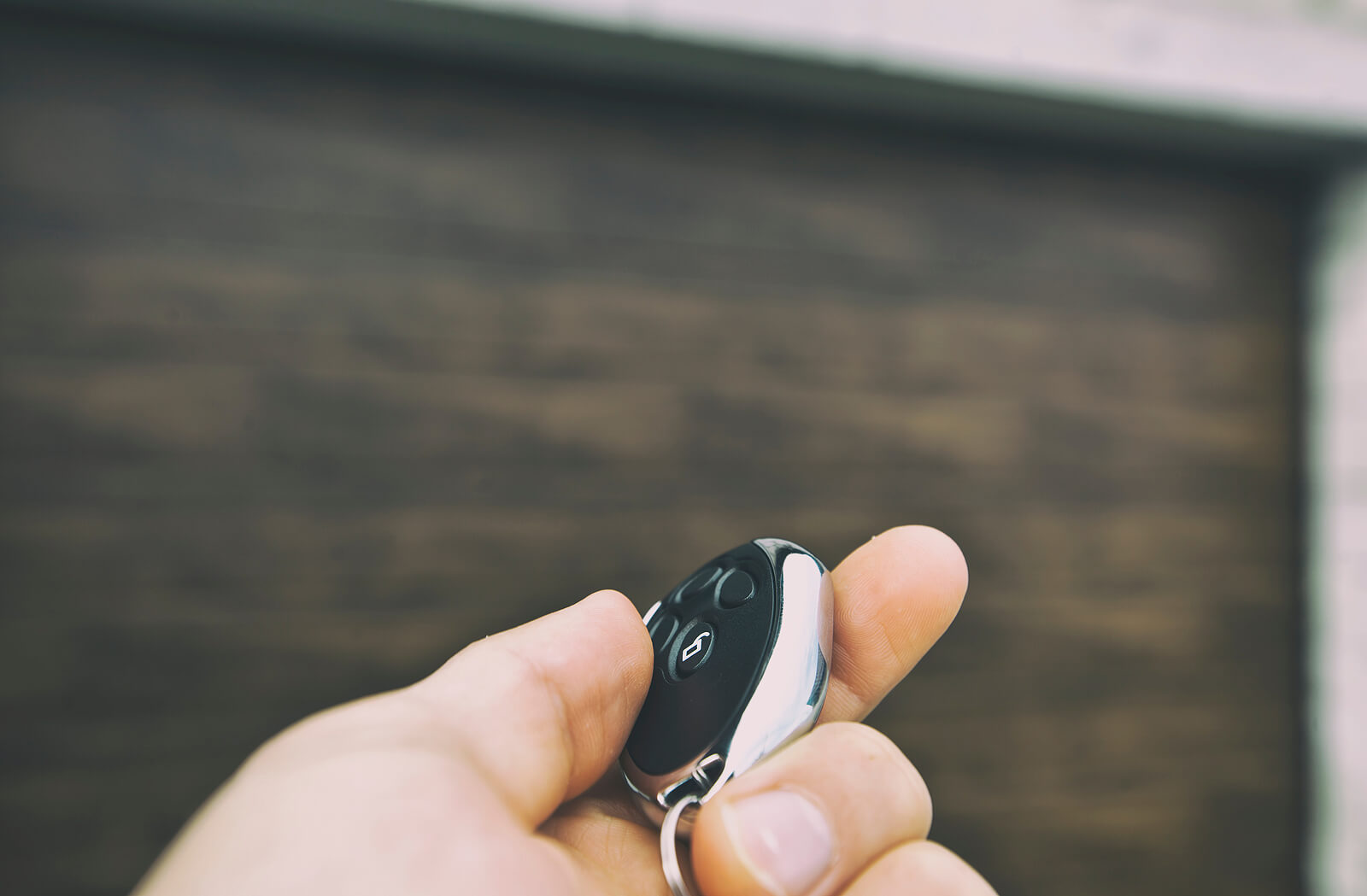

Articles
How Long Does A Garage Door Opener Last
Modified: January 19, 2024
Discover how long a garage door opener typically lasts and find helpful articles on maintenance and troubleshooting tips for your opener.
(Many of the links in this article redirect to a specific reviewed product. Your purchase of these products through affiliate links helps to generate commission for Storables.com, at no extra cost. Learn more)
When it comes to the functionality and convenience of your garage, a reliable garage door opener is an essential component. It allows you to effortlessly open and close your garage door with the push of a button, providing security and ease of access for your vehicles and belongings. However, like any mechanical device, garage door openers have a limited lifespan and will eventually need to be replaced.
Understanding how long a garage door opener typically lasts can help you plan for its replacement and ensure the continued smooth operation of your garage door. In this article, we will explore the factors that can affect the lifespan of a garage door opener, the average lifespan of different types of openers, signs that indicate it’s time for a replacement, and tips to extend the lifespan of your garage door opener.
Whether you’re a homeowner or a business owner, it’s important to be aware of the average lifespan of garage door openers to avoid unexpected breakdowns and costly repairs. Let’s delve deeper into the factors that can influence the longevity of your garage door opener.
Several factors can impact the lifespan of a garage door opener. Understanding these factors can help you make informed decisions when it comes to maintaining and replacing your opener.
- Quality and Brand: The quality and brand of the garage door opener play a significant role in its lifespan. Opting for a reputable brand and a high-quality opener increases the chances of it lasting longer.
- Usage Frequency: The frequency of usage can affect how long a garage door opener lasts. If your opener is constantly in use, it may wear out more quickly compared to openers that are used less frequently.
- Maintenance: Regular maintenance is crucial in extending the lifespan of your garage door opener. Proper lubrication, inspection of the springs and cables, and checking for any loose connections can help identify and address potential issues before they escalate.
- Weather Conditions: Extreme weather conditions such as extreme heat or cold can impact the performance and lifespan of your garage door opener. Excessive heat might cause electrical components to overheat, while freezing temperatures can cause the lubrication to thicken, affecting the opener’s smooth operation.
- Weight and Size of the Door: The weight and size of your garage door can also impact the lifespan of the opener. Heavier and larger doors put more strain on the opener’s motor and other components.
- Installation Quality: The quality of the installation can significantly impact the longevity of a garage door opener. Improper installation can lead to premature wear and tear.
By being mindful of these factors, you can better understand how to maintain and care for your garage door opener, ultimately prolonging its lifespan and avoiding unnecessary replacement costs. In the next section, we will explore the average lifespan of different types of garage door openers.
Garage door openers come in various types, each with its own lifespan. Let’s take a closer look at the average lifespan of different types of garage door openers:
- Chain Drive Openers: Chain drive openers are known for their durability and affordability. On average, they have a lifespan of around 10-15 years with proper maintenance and regular usage.
- Belt Drive Openers: Belt drive openers offer a quieter and smoother operation compared to chain drive openers. With proper maintenance, they can last between 15-20 years.
- Screw Drive Openers: Screw drive openers are known for their simplicity and minimal maintenance requirements. They typically last around 10-15 years and are suitable for garage doors of average weight and size.
- Direct Drive Openers: Direct drive openers have a unique design that utilizes a stationary motor, resulting in quiet operation and minimal wear and tear. These openers have an average lifespan of 15-20 years.
It’s important to note that these lifespan ranges are rough estimates and can vary based on the factors mentioned earlier. However, regular maintenance and proper usage can significantly contribute to lengthening the lifespan of your garage door opener.
Now that we’ve discussed the average lifespans of different types of garage door openers, it’s essential to be aware of the signs that indicate your opener may need replacing. Let’s explore these signs in the next section.
While garage door openers are designed to be durable, there are certain signs that indicate it’s time for a replacement. Recognizing these signs can help you avoid unexpected breakdowns and ensure the safety and smooth functioning of your garage door. Here are some common indications that your garage door opener may need replacement:
- Frequent Breakdowns: If your garage door opener has been consistently experiencing issues and requiring frequent repairs, it may be a sign that it’s reaching the end of its lifespan.
- Noisy Operation: Excessive noise during operation, such as grinding or screeching sounds, can be an indication of worn-out components in the opener. This can affect its performance and reliability.
- Slow Response Time: If your garage door opener takes longer than usual to respond to commands or if it hesitates during the opening or closing process, it may be a sign of internal wear and tear.
- Lack of Safety Features: Older garage door openers may lack modern safety features such as auto-reverse functionality, infrared sensors, and rolling code technology. If your opener lacks these safety features, it’s advisable to consider an upgrade for the sake of your family’s safety.
- Obsolete Technology: If your garage door opener is outdated and no longer compatible with the latest advancements in smart home technology and remote access features, it may be time to consider a more modern and feature-rich opener.
- Excessive Vibration: Excessive vibration during operation can indicate worn-out motor or belt components in the garage door opener. This can lead to further damage if not addressed promptly.
If you notice any of these signs, it’s recommended to consult a professional technician to assess the condition of your garage door opener and determine if a replacement is necessary.
In the next section, we will provide some valuable tips to help extend the lifespan of your garage door opener and optimize its performance.
Proper maintenance and care can go a long way in extending the lifespan of your garage door opener. By following these tips, you can optimize its performance and avoid premature breakdowns:
- Regular Lubrication: Periodically lubricate the moving parts of your garage door opener, such as the chains, springs, and rollers. This helps reduce friction and wear, ensuring smooth and efficient operation.
- Perform Safety Tests: Test the safety features of your opener, such as the auto-reverse mechanism, to ensure they are functioning properly. Regularly check the sensors and make sure they are aligned and free from obstructions.
- Keep it Clean: Remove dust, dirt, and debris from your garage door opener. Wipe down the exterior and clean the tracks to prevent accumulation, which can hinder the smooth movement of the door.
- Check for Loose Connections: Regularly inspect the wiring and connections of your garage door opener. Tighten any loose screws or bolts to ensure proper electrical connections.
- Optimize Control Panel Placement: Install the control panel of your opener away from direct sunlight or extreme temperatures. Excessive heat or cold can affect its performance and lifespan.
- Don’t Overload Your Garage Door: Avoid exceeding the weight limit of your garage door opener by properly maintaining your door’s balance. Excessive weight can strain the opener’s motor and components.
- Invest in Professional Maintenance: Consider scheduling regular professional maintenance for your garage door opener. An expert technician can inspect and address any underlying issues before they escalate.
By incorporating these tips into your regular maintenance routine, you can significantly extend the lifespan of your garage door opener and ensure smooth and reliable operation for years to come.
As we conclude, it’s important to remember that while these tips can help prolong the lifespan of your garage door opener, there may come a point when replacement is unavoidable. Pay attention to the signs we mentioned earlier to determine if the time for a new opener has arrived.
In summary, understanding the factors that affect the lifespan of a garage door opener, knowing the average lifespans of different types of openers, recognizing signs for replacement, and implementing proper maintenance techniques can help you make informed decisions and maximize the lifespan of your garage door opener.
A garage door opener is an essential component of any garage, providing convenience, security, and easy access. Understanding the lifespan of a garage door opener is crucial for proper maintenance and budgeting for replacements.
We explored the factors that can affect the lifespan of a garage door opener, including the quality and brand, usage frequency, maintenance, weather conditions, weight and size of the door, and installation quality. By being aware of these factors, you can take proactive steps to prolong the lifespan of your opener.
We also discussed the average lifespans of different types of garage door openers, including chain drive, belt drive, screw drive, and direct drive openers. While these estimates can vary, regular maintenance and proper usage can contribute to the longevity of your opener.
Recognizing the signs that indicate a garage door opener needs replacement is essential to avoid unexpected breakdowns. Noisy operation, frequent breakdowns, slow response time, and lack of safety features are all indications that it may be time for a new opener.
To extend the lifespan of your garage door opener, we shared valuable tips, including regular lubrication, safety tests, cleaning, checking for loose connections, optimizing control panel placement, avoiding overloading the door, and scheduling professional maintenance.
In conclusion, by understanding the factors that affect the lifespan of a garage door opener, recognizing the signs for replacement, and performing regular maintenance, you can optimize the performance and extend the lifespan of your opener. This will ensure the continued functionality and convenience of your garage door for years to come.
Frequently Asked Questions about How Long Does A Garage Door Opener Last
Was this page helpful?
At Storables.com, we guarantee accurate and reliable information. Our content, validated by Expert Board Contributors, is crafted following stringent Editorial Policies. We're committed to providing you with well-researched, expert-backed insights for all your informational needs.
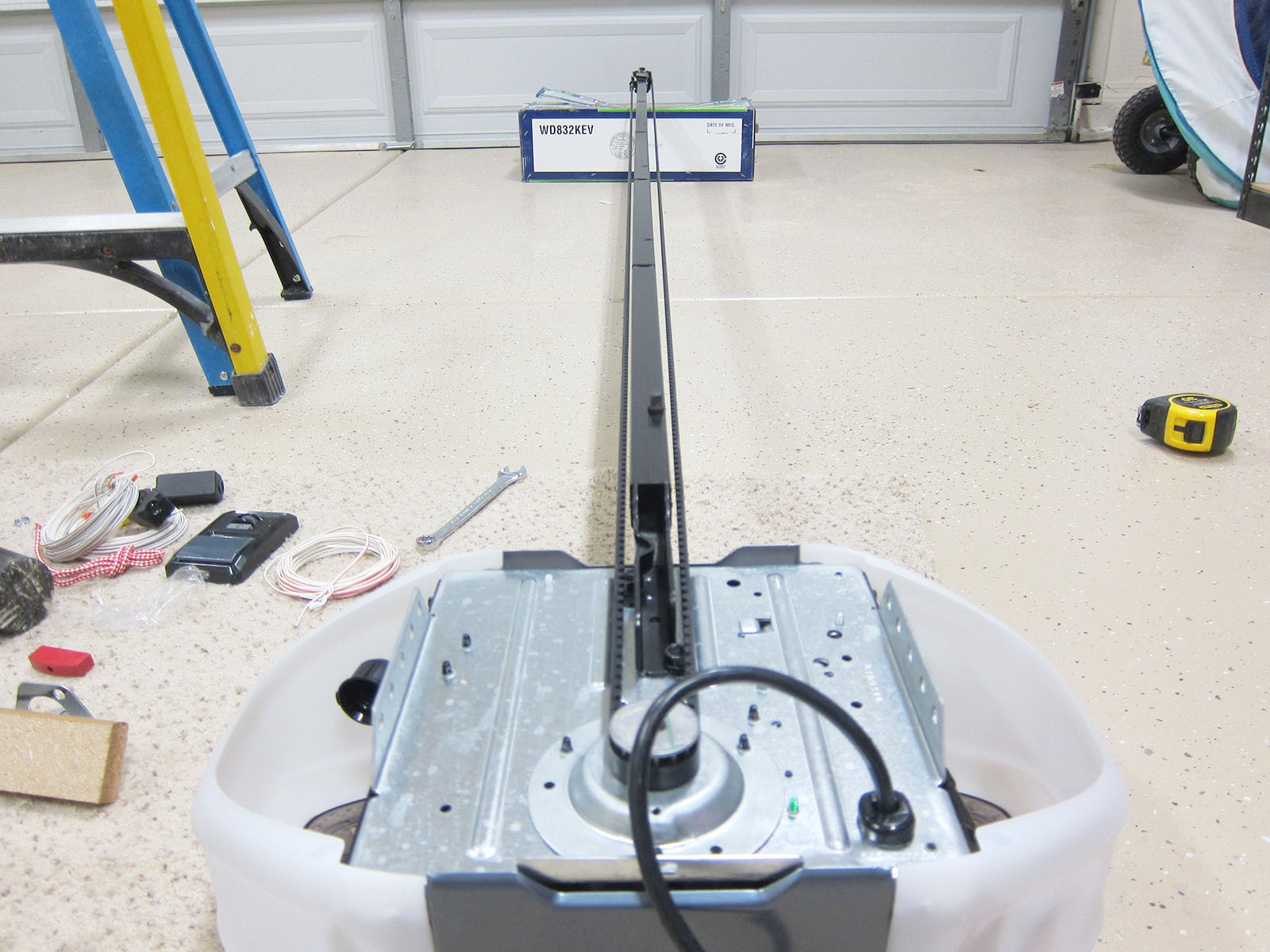

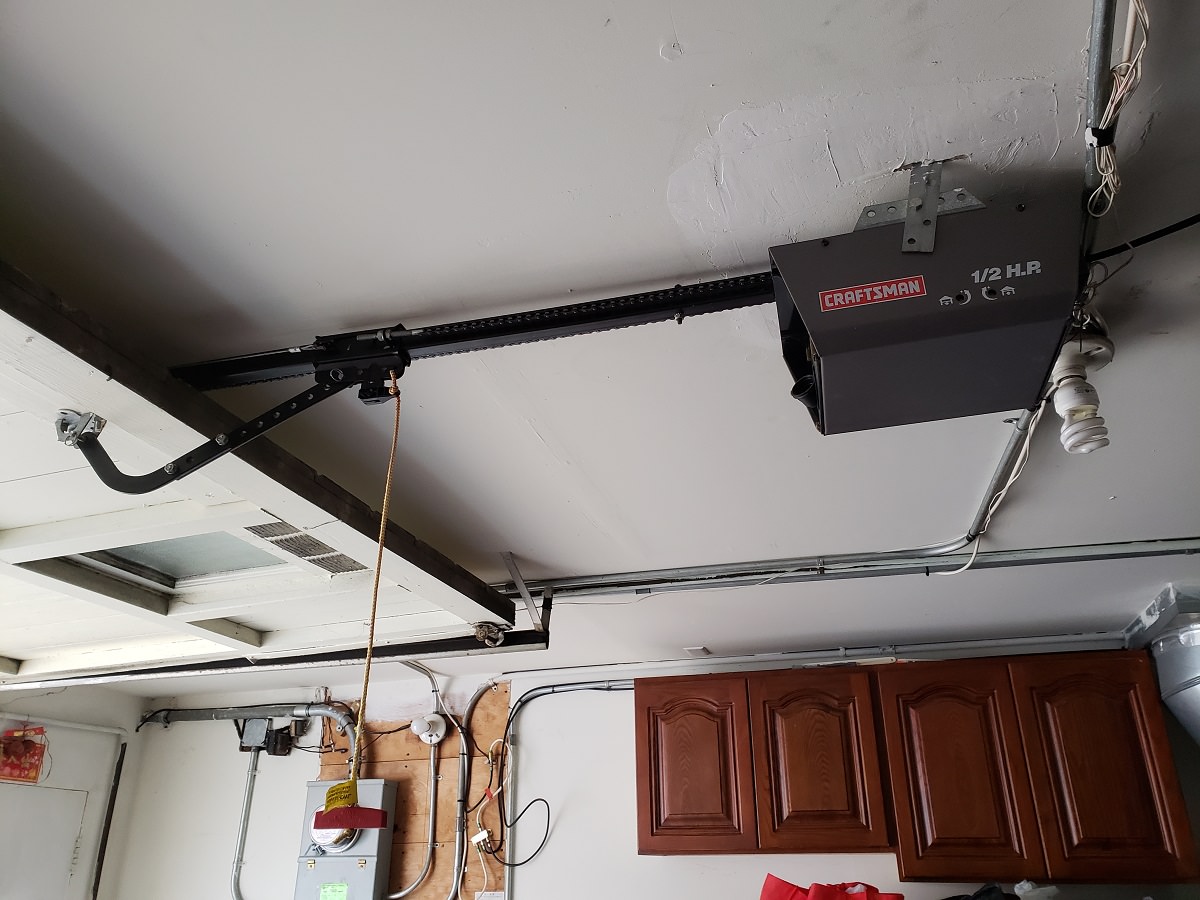
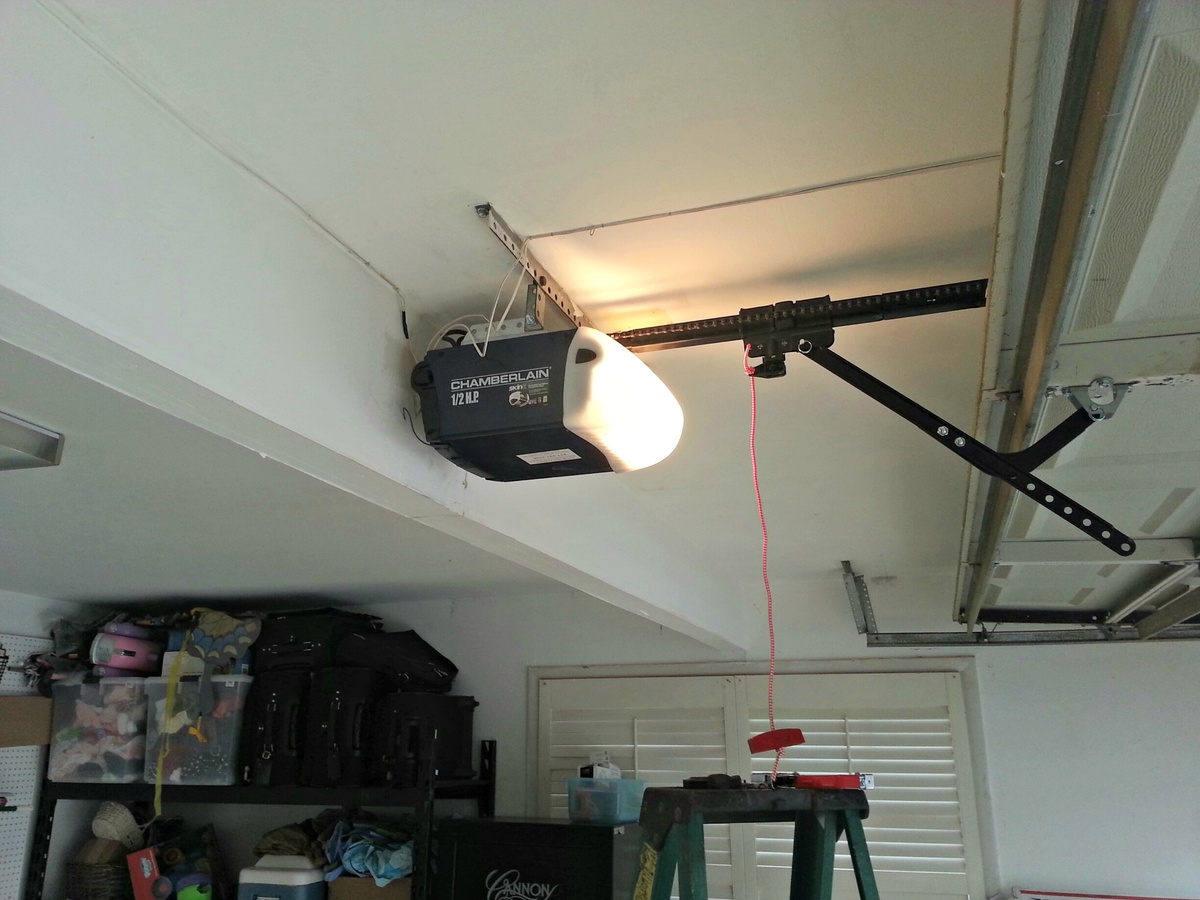
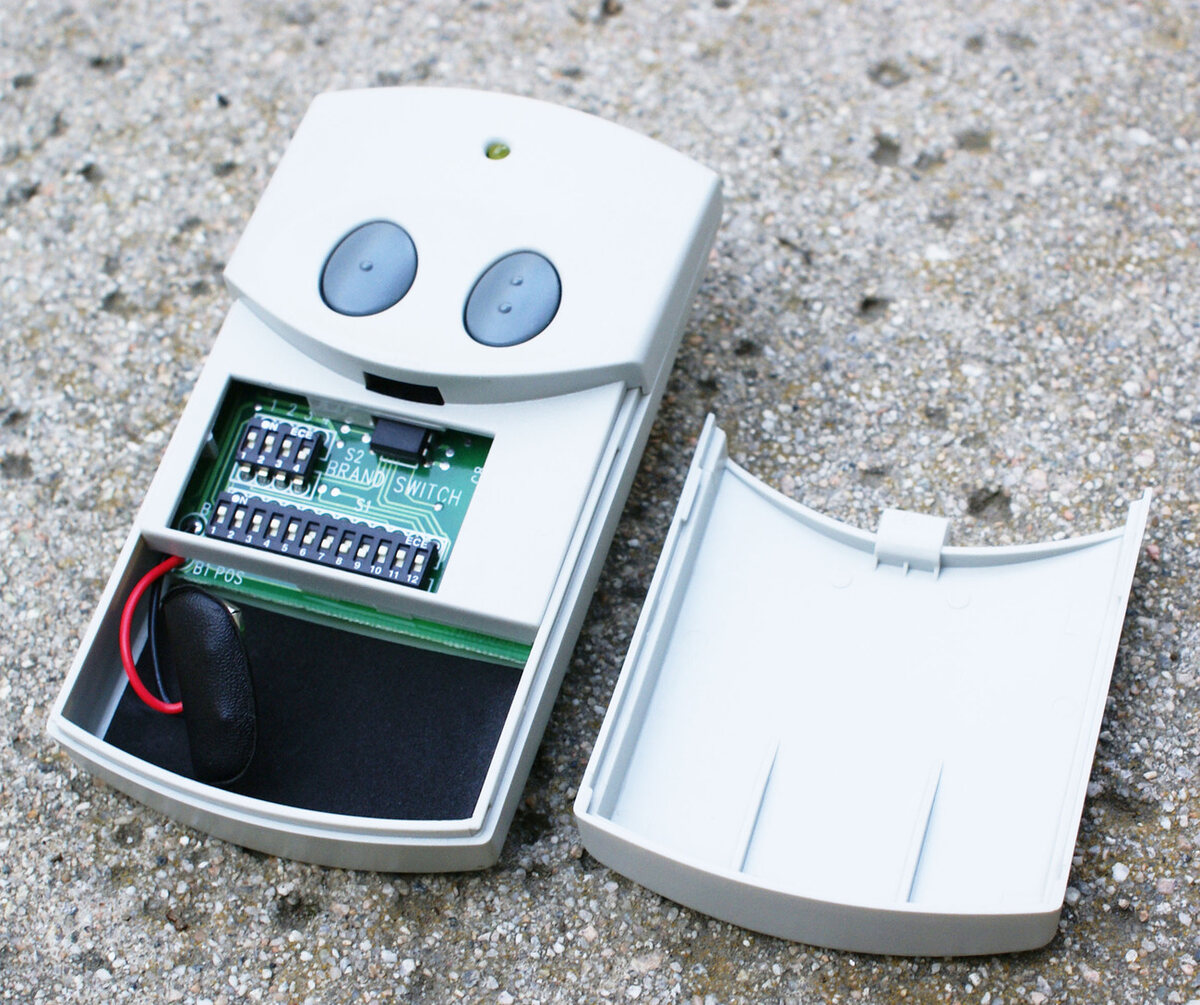
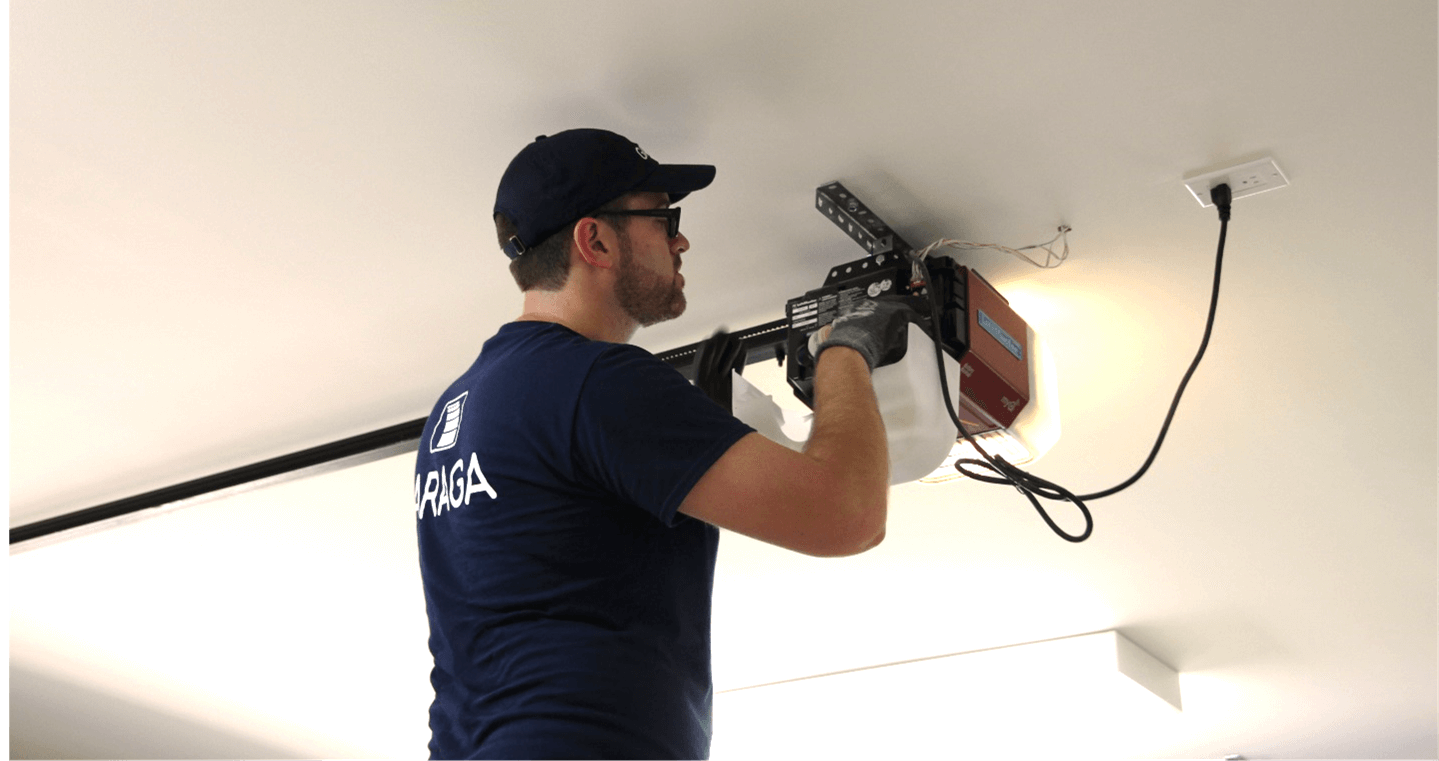
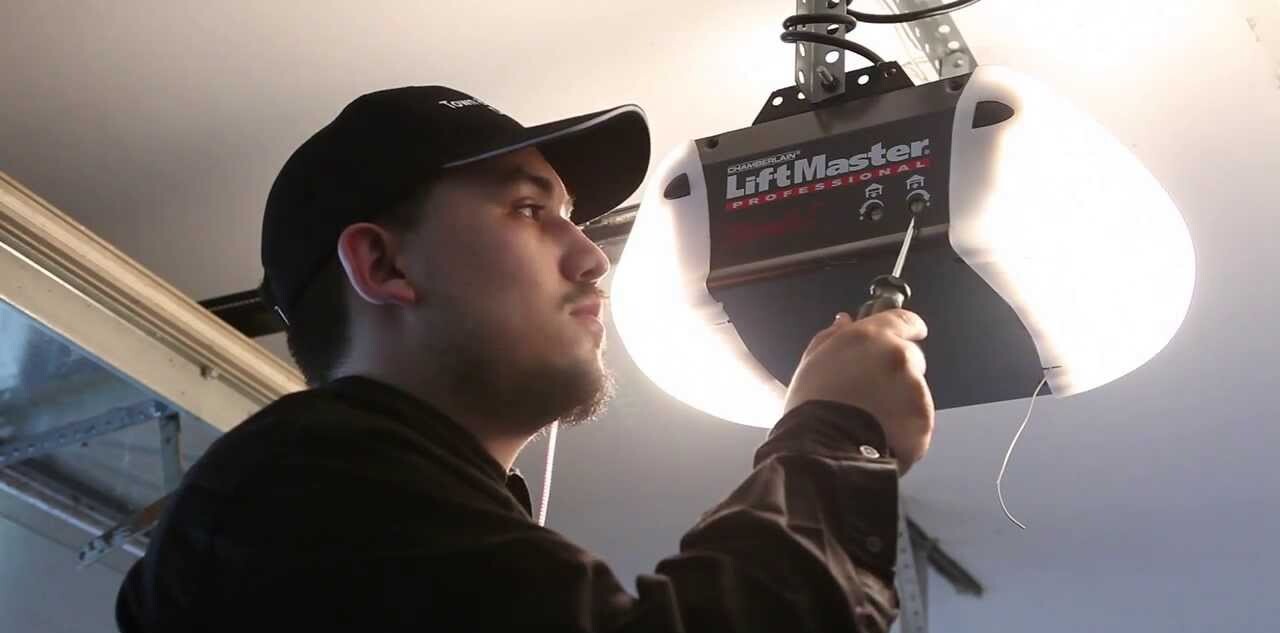
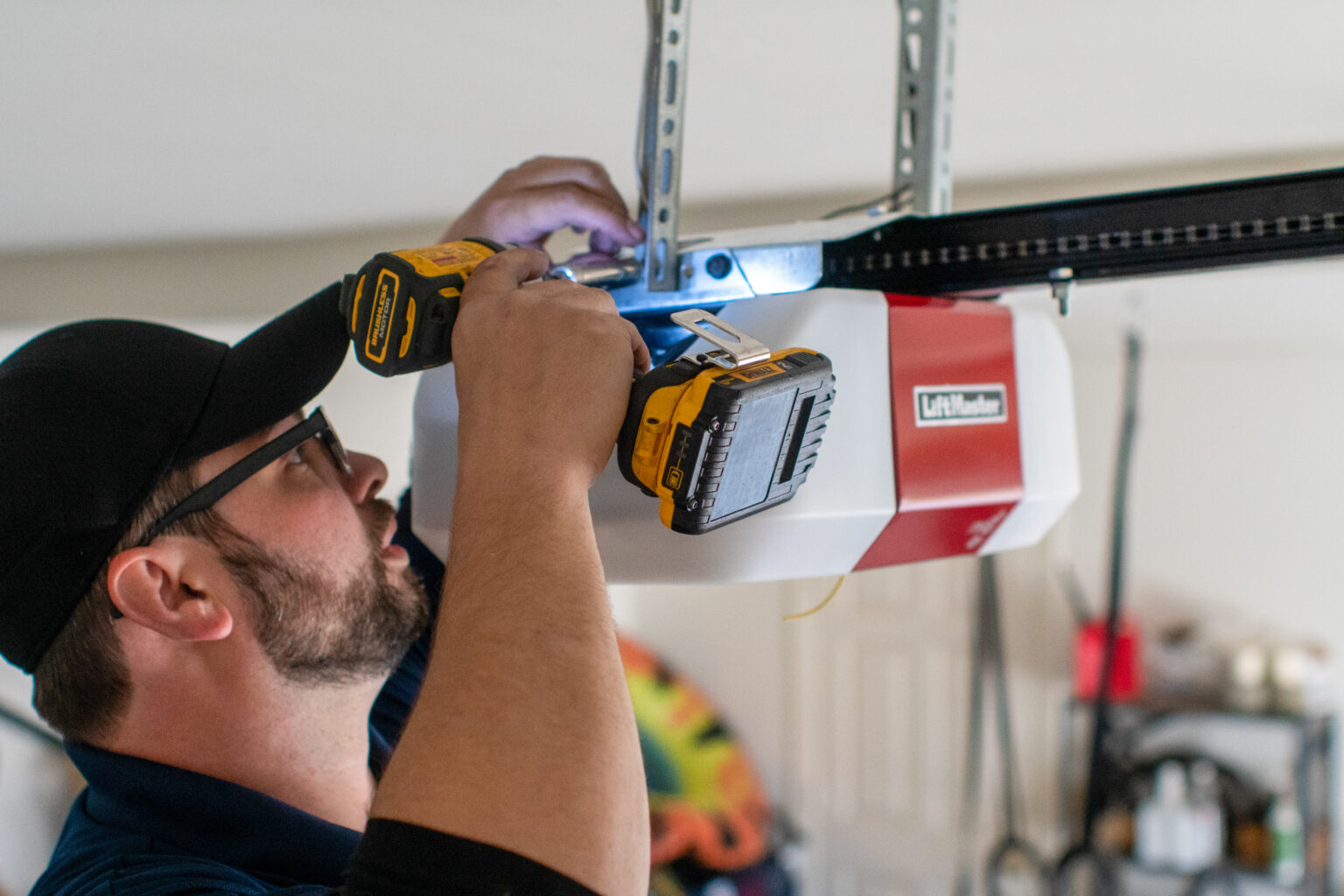
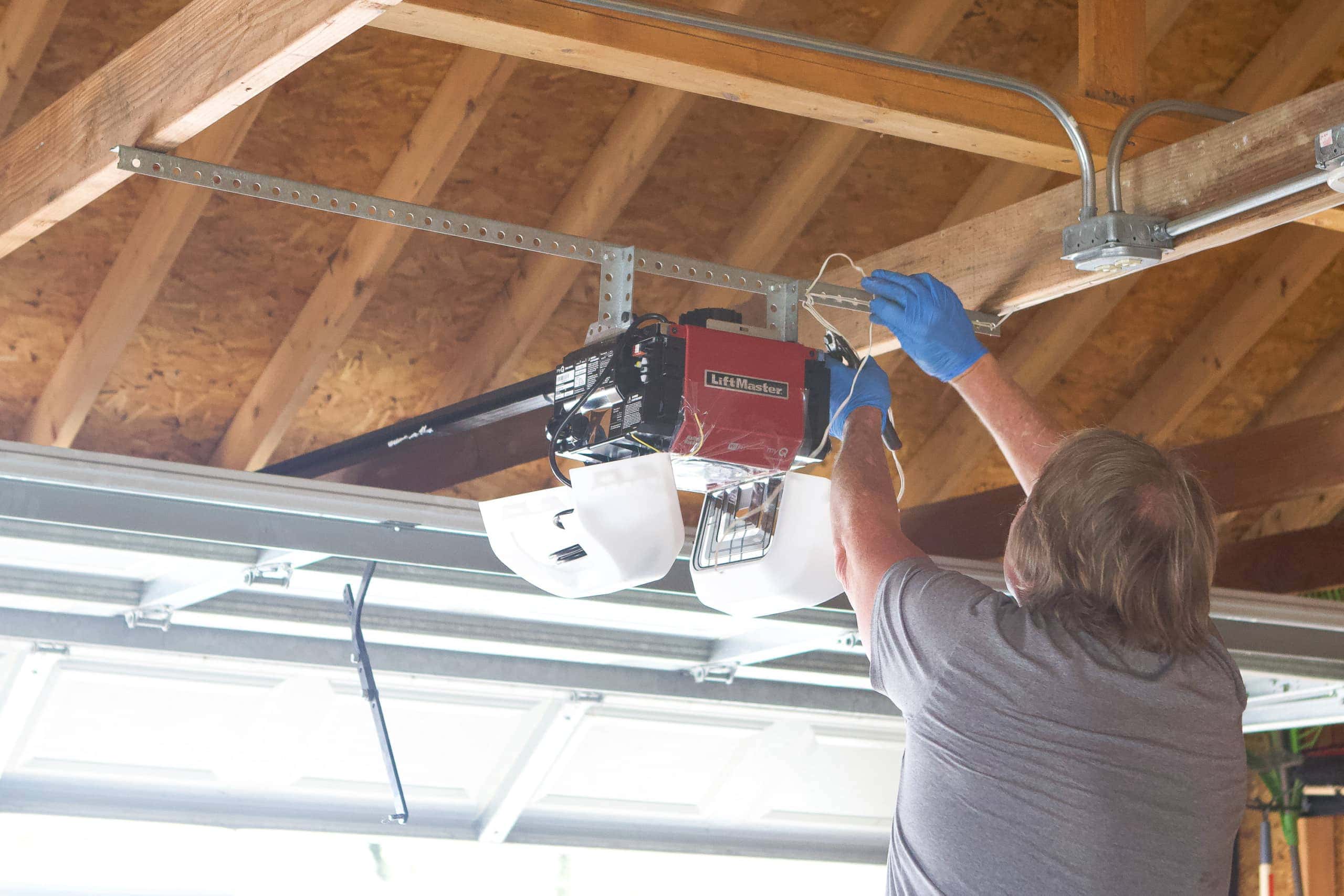
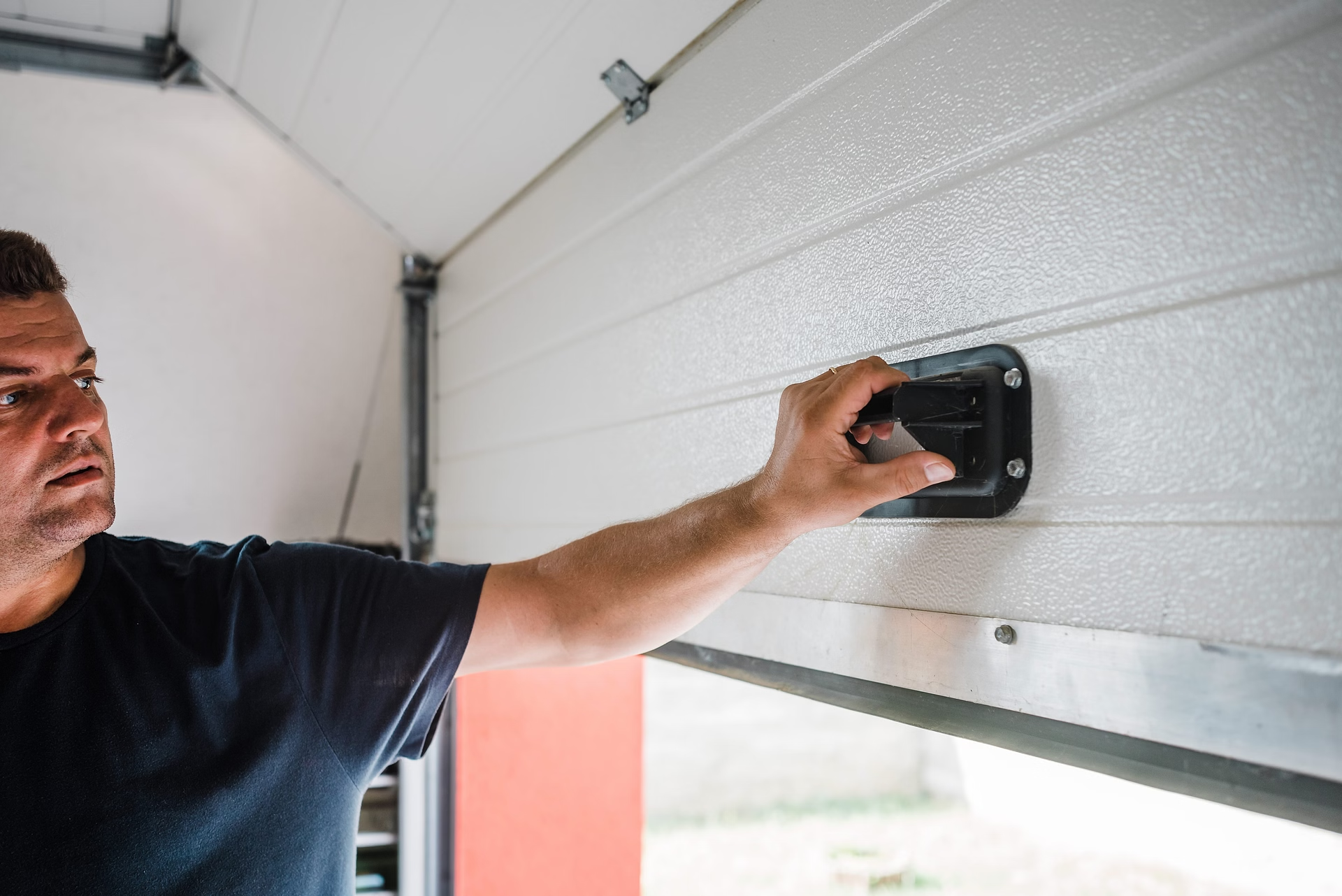
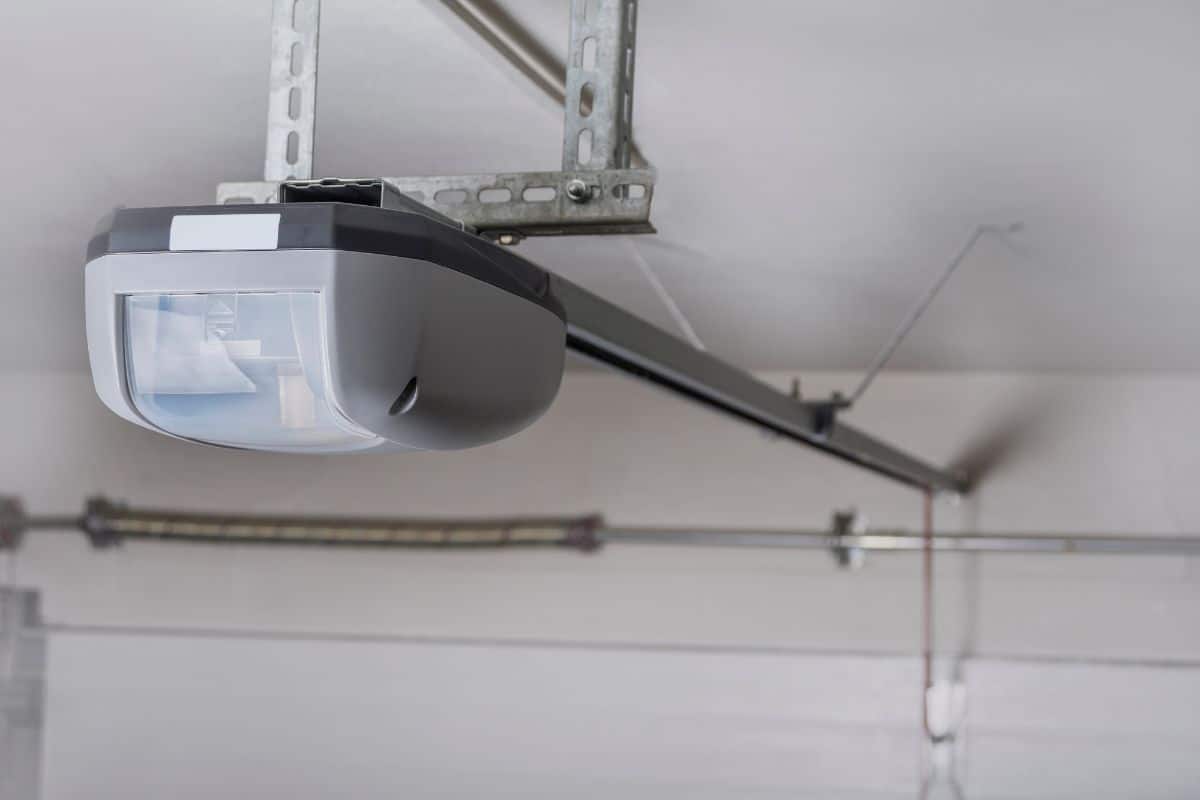
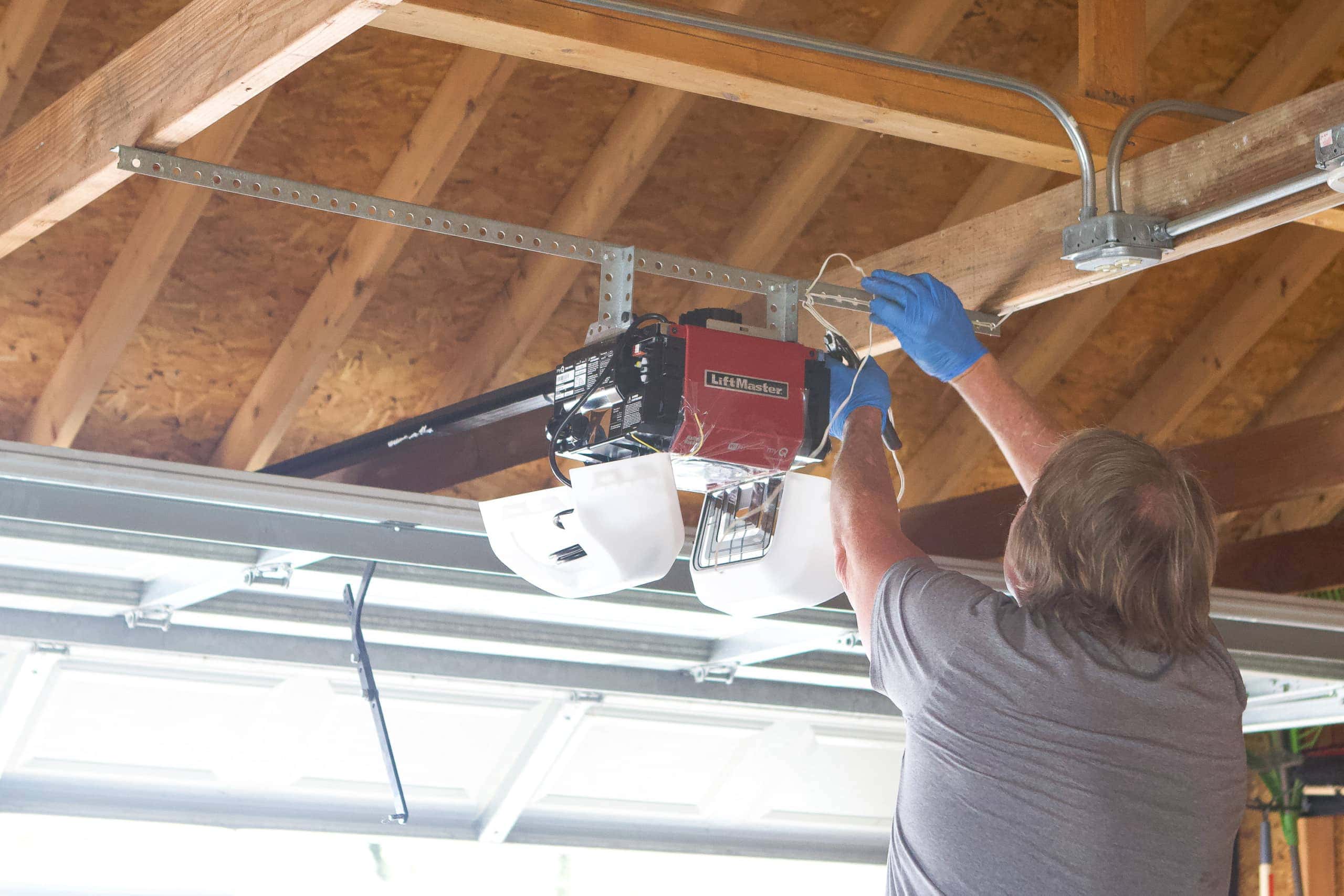
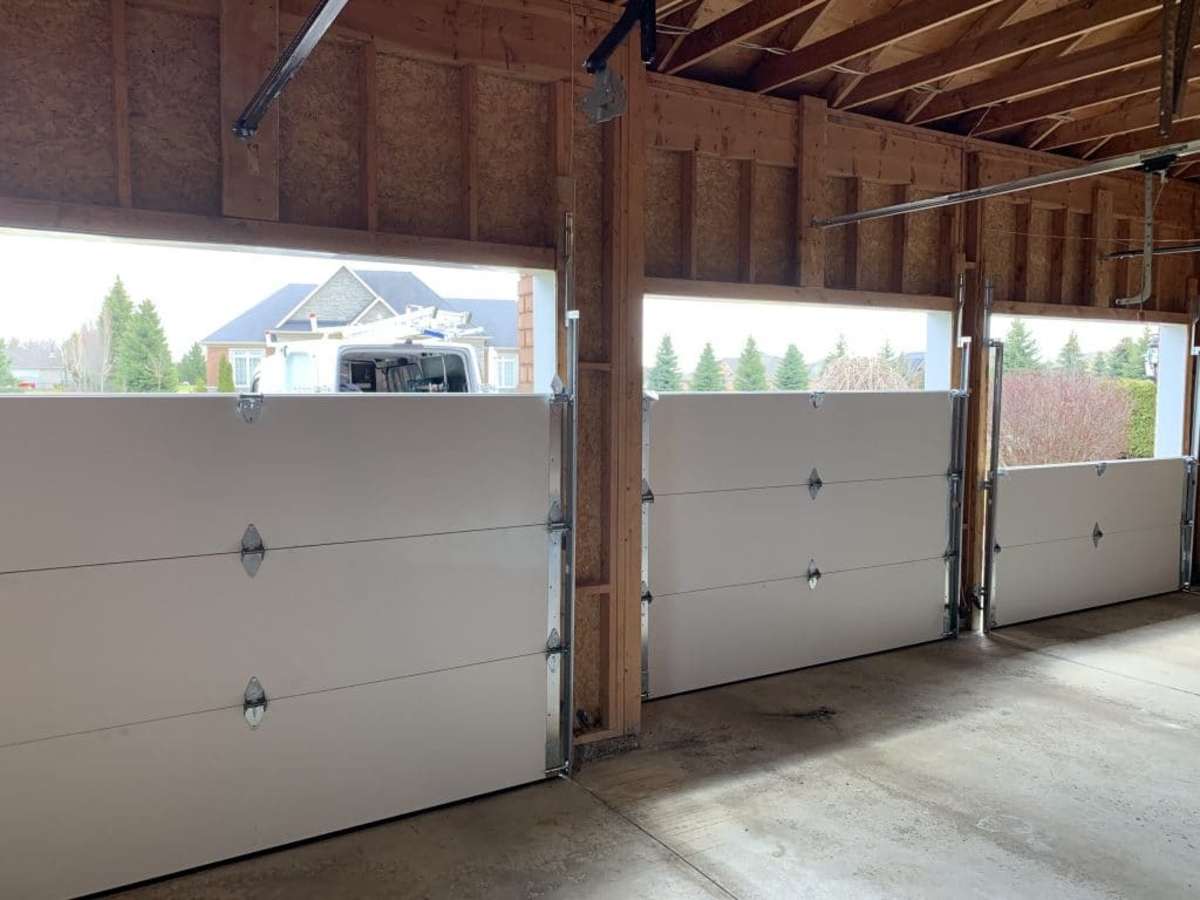
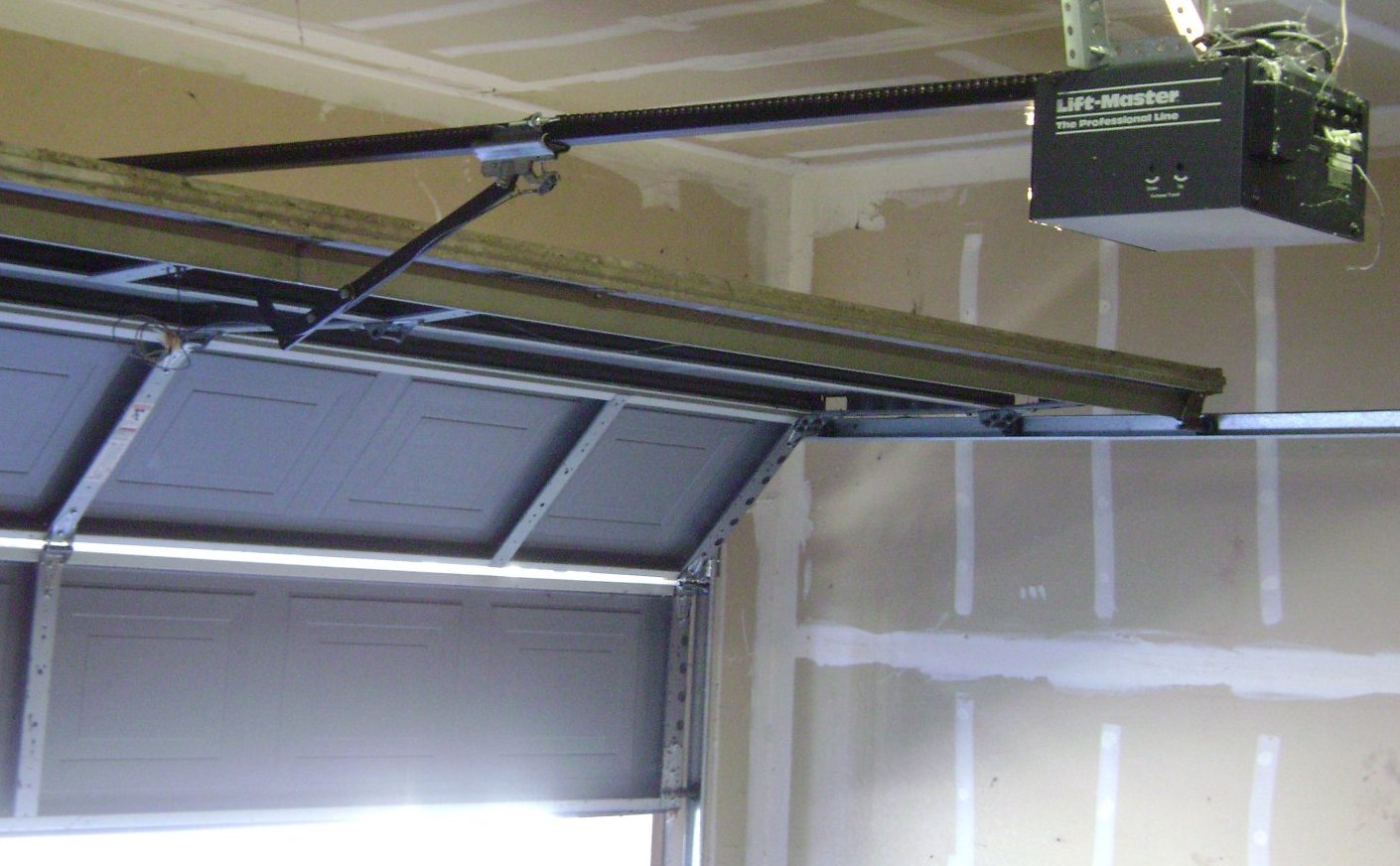

0 thoughts on “How Long Does A Garage Door Opener Last”